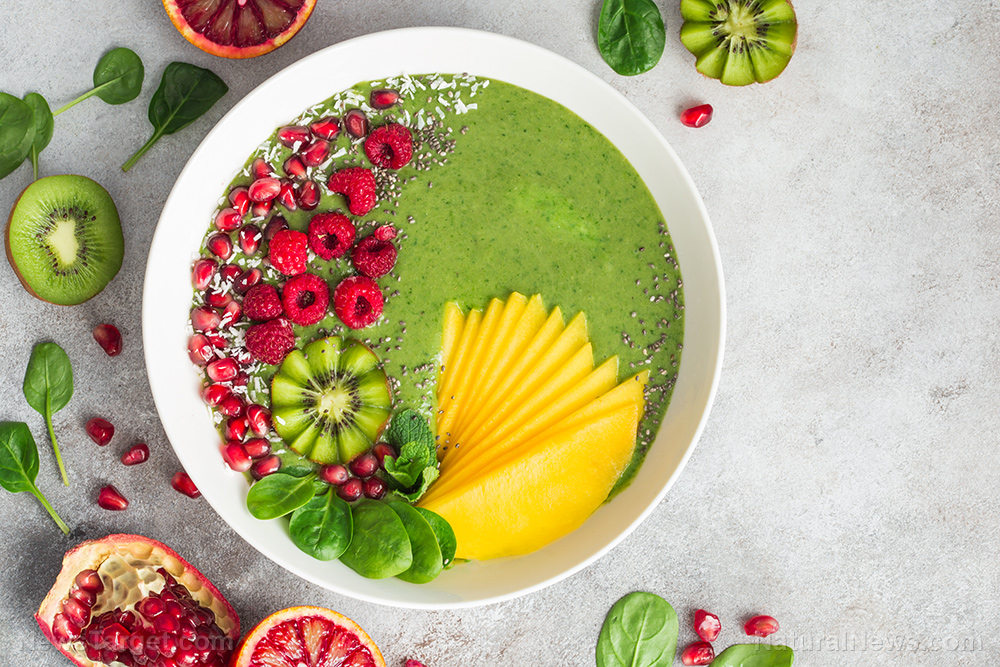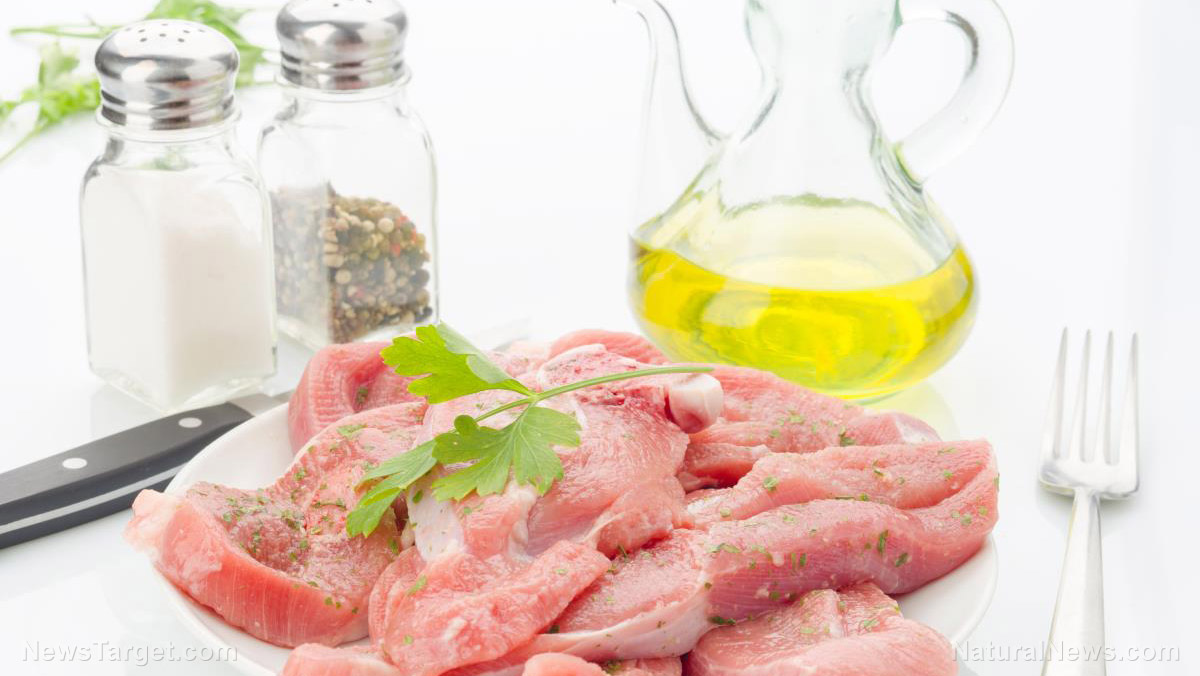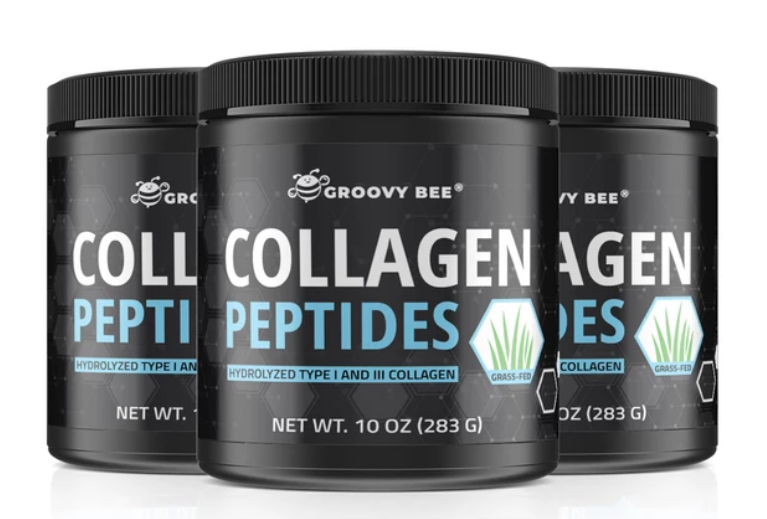Heart-healthy cooking: Which oils are best for frying?
11/21/2019 / By Darnel Fernandez

Frying is often considered an unhealthy way to prepare and cook food. Some types of oils are packed with trans fat, which can increase “bad” cholesterol, also known as LDL, as well as increase inflammation. These, in turn, can increase the risk of cardiovascular disease, diabetes and stroke. But this doesn’t mean that frying can’t be healthy; it can still be a viable option to prepare food, provided that you use the right type of oil.
Healthy cooking oils
The healthfulness of oil, more often than not, depends on its reaction when heated. Some oils are more resistant to heat than others, withstanding much higher temperatures before causing a reaction. Oils have a smoking point, at which they start to break down and release free radicals that can cause oxidative damage to cells in the body. When frying foods, use oils with high smoking points so that they may be more stable and more healthful to cook with.
This stability is based on the compactness of the fatty acids within the oil. The more tightly packed and saturated, the harder it is for them to break apart when heated. For this reason, oils with saturated and monounsaturated fats are the best cooking oils. These saturation levels mean that the oil is more resistant to oxidization, the process where acids break down.
Polyunsaturated fats, another type of fat found in some oils, should not be used in large amounts. Oils with polyunsaturated fats break down easier when heated. In effect, these types of oils should only be used unheated (room temperature) such as using them as a garnish over some food or using them in dressings.
One of the best types of oil to use when frying, specifically when deep-frying, is coconut oil. A study published in the Journal of Food Science and Technology found that the quality of coconut oil still holds up even after eight continuous hours of deep-frying. Coconut oil is made of over 90 percent saturated fat, which makes it resistant to oxidization.
Olive oil is also a great choice for frying because it is considered one of the healthiest fats available. This oil is high in monounsaturated fats, with a tablespoon of olive oil containing 73 percent of this “good” fat. This saturation level makes it extremely resistant to oxidization. In fact, a study published in the journal Food and Chemical Toxicology found that olive oil can last in the deep fryer for over 24 hours before it starts to oxidize excessively. Also, it can provide a variety of health benefits, including decreasing the risk of cardiovascular disease. (Related: Olive oil is really the healthiest oil for frying foods, scientists find.)
Similar to olive oil, another good oil packed with monounsaturated fats is avocado oil. This oil is rich in a healthful fat called oleic acid, which can reduce inflammation in the body. This oil is also healthy for the heart. Animal studies have shown that eating a diet rich in avocado oil can lower blood pressure.
Sunflower oil can also be an excellent oil to use, especially in shallow frying. This oil boasts a high smoking point and is a good source of vitamin E, an antioxidant that helps reduce the number of free radicals in the body. However, this oil should be consumed in moderation. Sunflower oil contains high levels of omega-6, which can cause inflammation when consumed in large amounts.
Frying doesn’t need to be an unhealthy way of preparing food. By using the right type of oil, you can fry up some good food that is sure to spice up your diet.
Sources include:
Tagged Under: avocado oil, cardiovascular health, clean food, coconut oil, cooking oil, Diets, fried foods, Healthy Oils, heart health, monounsaturated fats, oleic acid, olive oil, polyunsaturated fats, prevention, saturated fats, Sunflower oil, trans fats
RECENT NEWS & ARTICLES
CleanFoodWatch.com is a fact-based public education website published by Clean Food Watch Features, LLC.
All content copyright © 2018 by Clean Food Watch Features, LLC.
Contact Us with Tips or Corrections
All trademarks, registered trademarks and servicemarks mentioned on this site are the property of their respective owners.



















